How about the acting skills of the young actors in this year’s Chinese film in Cannes?
Author: Twenty-two Island Owners
Compared with previous years, this year’s China films in Cannes can be described as a comprehensive return. Face of china films were shortlisted in the main competition, a kind of attention, bi-weekly directors, film critics week and other units.
However, for the general audience, people are more concerned about the performance of China stars on the red carpet and China actors who are shortlisted for the film, and whether it is possible to win the prize. This year, two short-listed films, Mistakes by the River and Burning Winter, both star in young filmmakers who have a high popularity in China, which has become the focus of public concern.
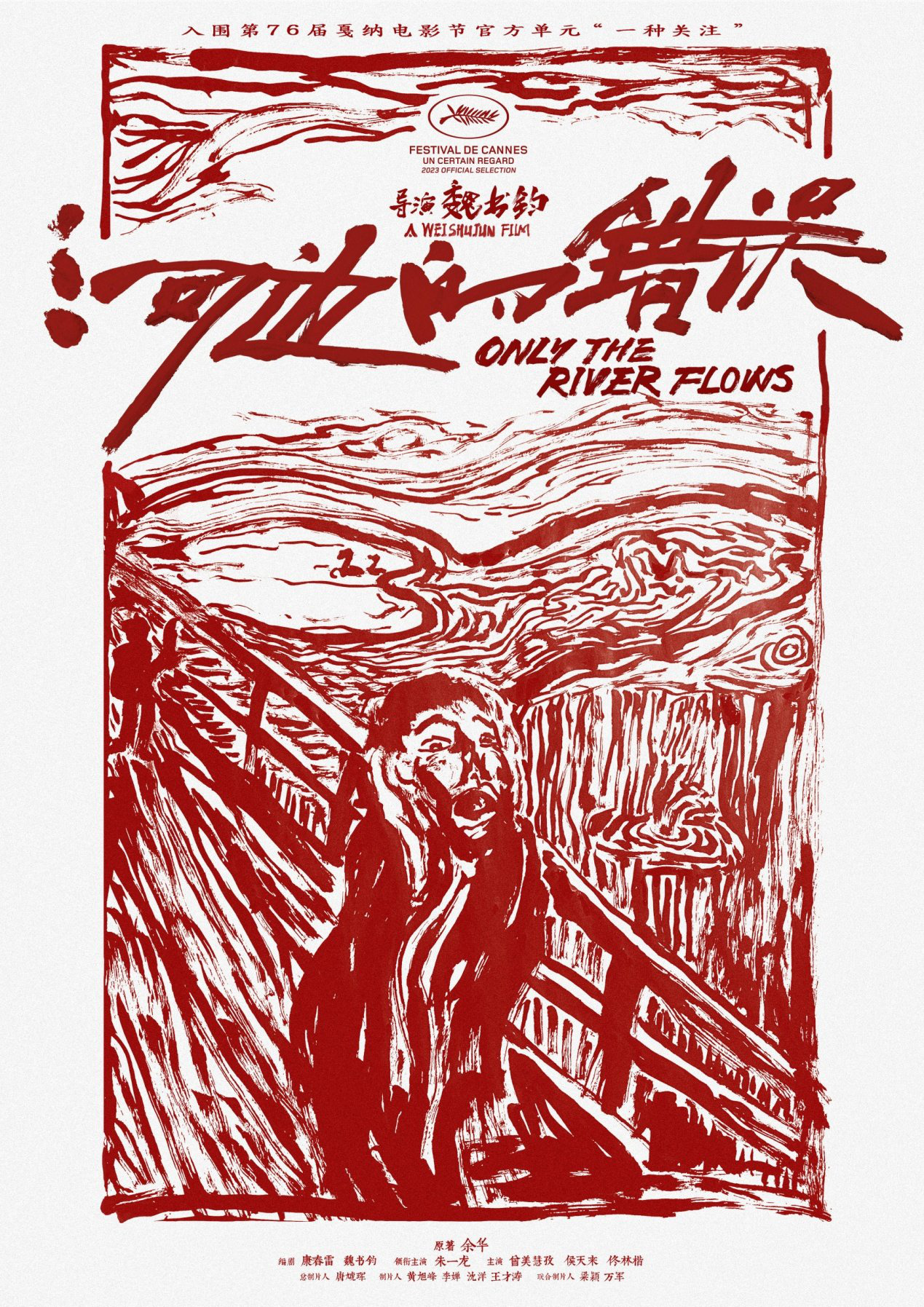
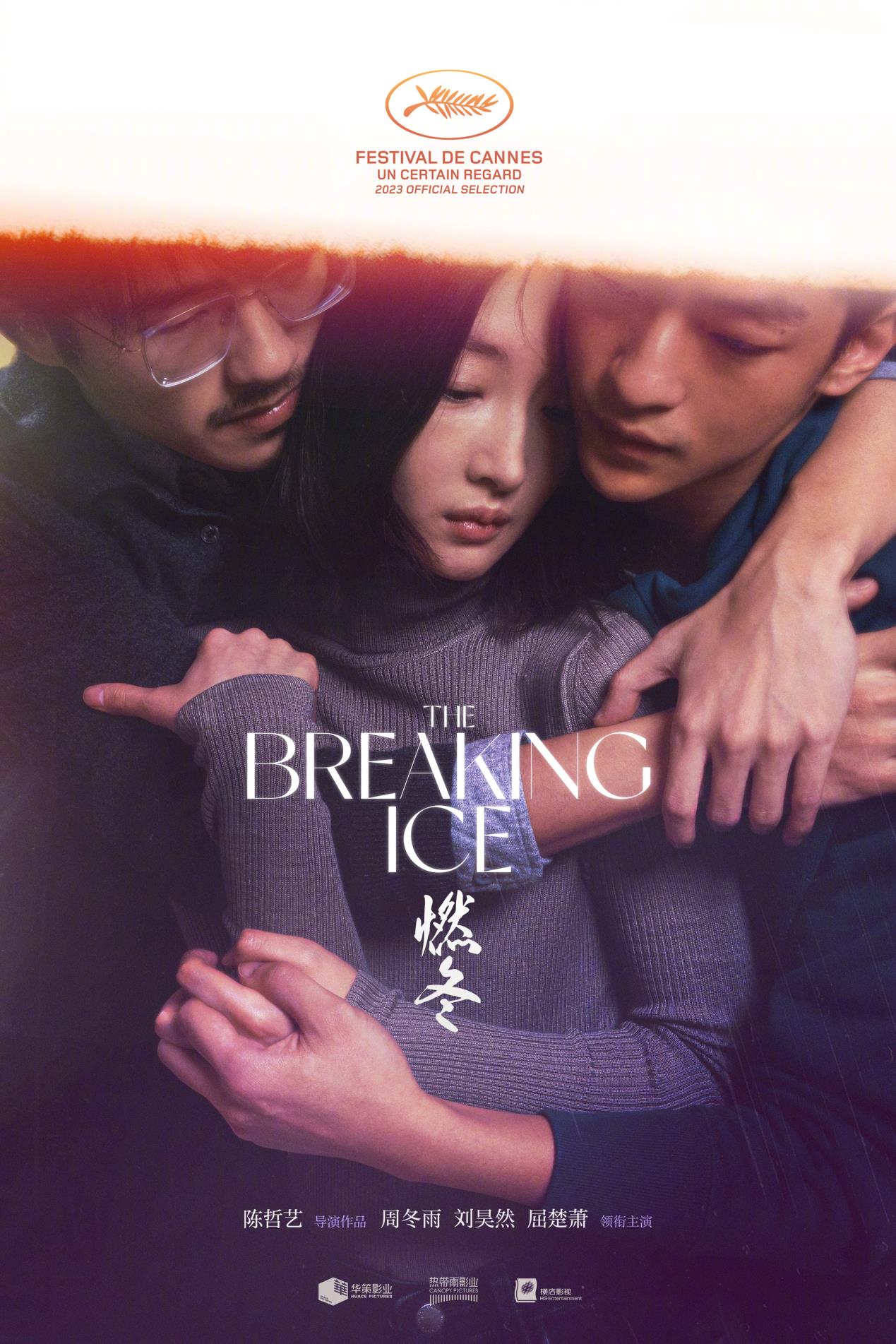
In the movie "Mistakes by the River", Zhu Yilong plays the role of Ma Zhe, a criminal policeman. Neither the film nor the original work focuses on the detection of the case and the truth about who the murderer is, but focuses on depicting how Ma Zhe, as an obsessive person, is constantly fiddled with the unspeakable truth and gradually falls into absurd, uneasy and confused moments and memories. On the basis of the original work, the film enriches some pre-history and relationships for Ma Zhe. For example, he seems to have made a third-class merit and is proud of it; I am very loving with my wife, but I have a disagreement on the issue of the upcoming child; The director thinks highly of him, but sometimes he feels that he is one-track-minded and somewhat out of place with this system …
The enrichment of these details provides a starting point for Zhu Yilong’s performance. As a male-dominated drama, almost every scene of the film has the appearance of Ma Zhe, but there is no emotional drama that is particularly exposed on the whole, and most of them are silent inner dramas and dialogues with people around them. In the film, there is a scene in which Ma Zhe falls into a dream, which is an ingenious stroke of the film. In this scene, the audience cuts in from the first perspective of Ma Zhe, and as he experiences something that seems to be true and unreal, these scenes need to be established through Zhu Yilong’s performance in the previous performance to establish the audience’s emotional connection with Ma Zhe.
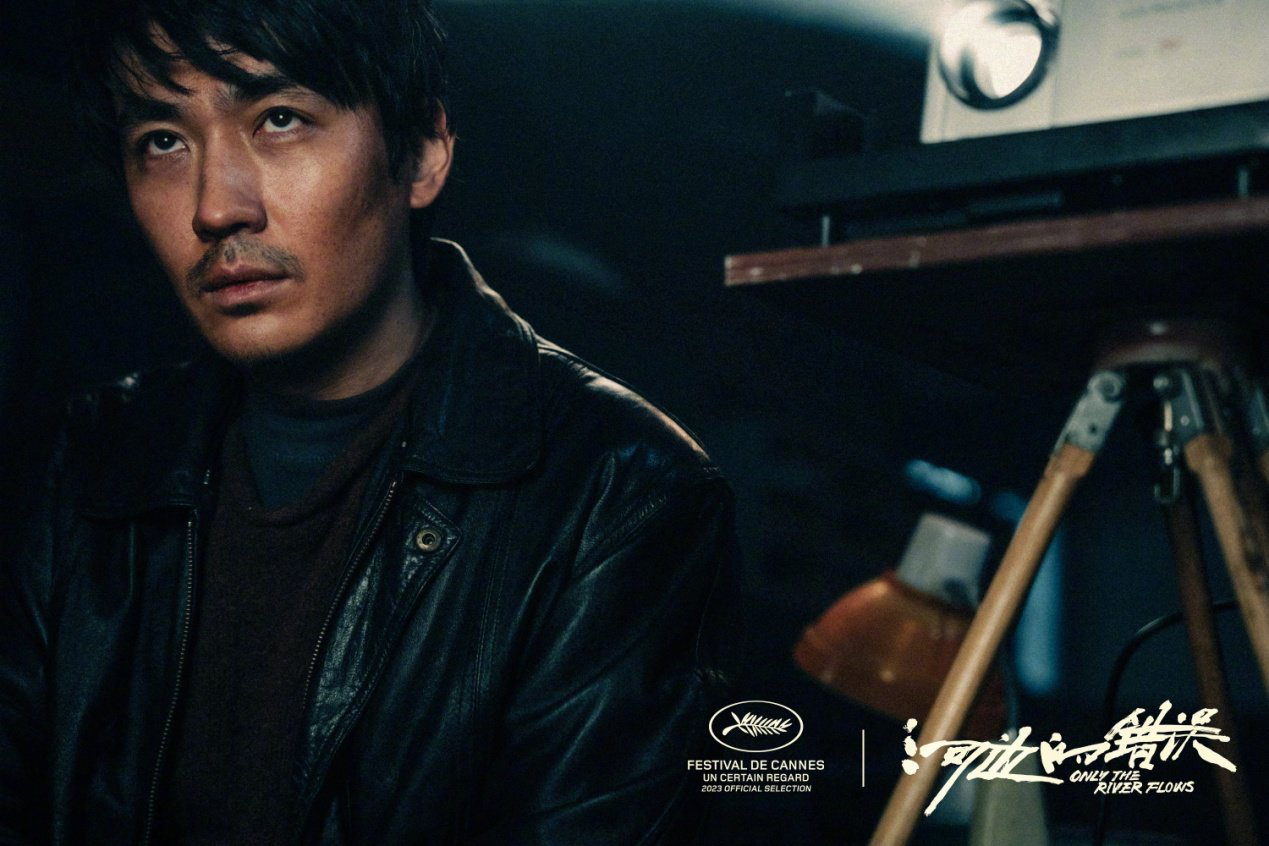
At this point, Zhu Yilong can be said to have completed it successfully. As a criminal policeman in the movie, when he appeared, he was dressed in leather, unshaven and disheveled. Whether walking or smoking, it has the feeling of ordinary criminal police at the end of last century. According to Zhu Yilong, for this role, he lived in the county town for a month and a half, and especially observed the living habits of some policemen who are now middle-aged. Because of his thin figure, he gained weight for his role to nearly 160 Jin, which was not specifically required by the crew, but after chatting with these old policemen, he found that these people were generally overworked because of staying up late and being too nervous. In the second half of the film, as Ma Zhe fell into a trance, his weight plummeted, and he wore tired dark circles every day. Zhu Yilong then lost weight according to the changes of the characters in the shoot. It can be said that at least in appearance, Zhu Yilong stood still, and upheld the consistent breakthrough in styling since The Event of Life.
Of course, in The Mistake by the River, we can not only see the difference of Zhu Yilong’s modeling, but also feel the change of his performance style. Although "Life Events" doesn’t have many scenes or plots to express inner feelings with eyes, it can be seen that he has been using his eyes to convey inner subtext, so when the film was released, there were many comments praising Zhu Yilong as a veritable "eye skill school"; But in The Mistake by the River, it can be clearly seen that he uses his eyes less, but also uses some micro-expressions and external actions, such as smoking, pacing, meditation, etc., and the director rarely gives him close-ups, which adds a bit of mystery to this character. It can be said that Ma Zhe was originally a puzzle solver, but through Zhu Yilong’s interpretation, he also became a part of the puzzle.
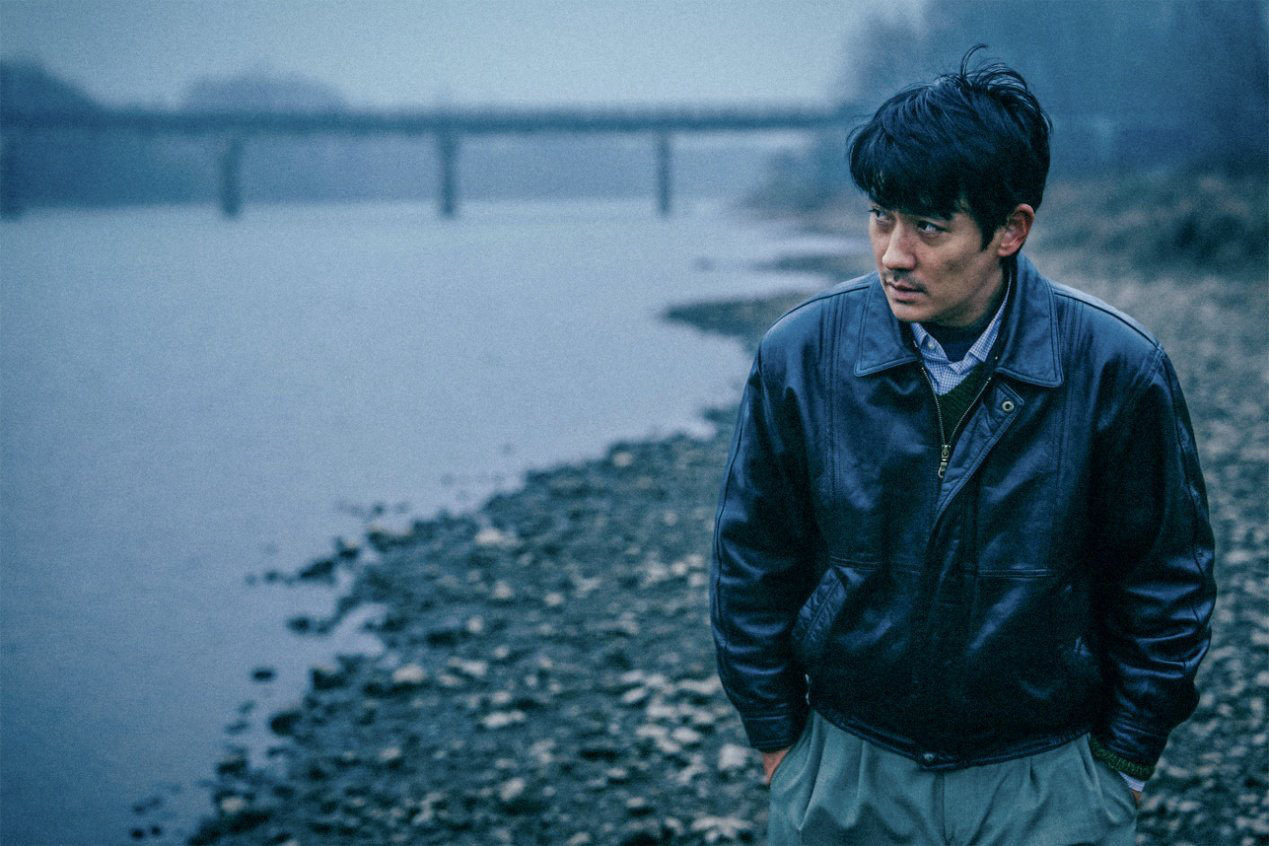
Of course, due to the difficulty of adaptation, the film can’t fully present the original appearance. In the second half of the original, Ma Zhe has undergone amazing changes. If that part of the passage can be played by Zhu Yilong, I believe it will be a greater blessing for him to win the prize. At present, the overall impression is still a little dull. However, from "Life Events" to "She Disappeared" and then to "Mistakes by the River", I have to admire Zhu Yilong’s team’s vision in choosing roles. These characters are complex and not single, and they are highly compatible with Zhu Yilong’s own temperament, which is very valuable.
It is particularly worth mentioning that Zeng Mei Hui Zi, who plays Ma Zhe’s wife in The Mistake by the River, is equally eye-catching. In a limited number of scenes, he has constructed a forbearing and strong wife image. Unfortunately, there are too few scenes. If we can give this character more space, I believe it will enrich the play.
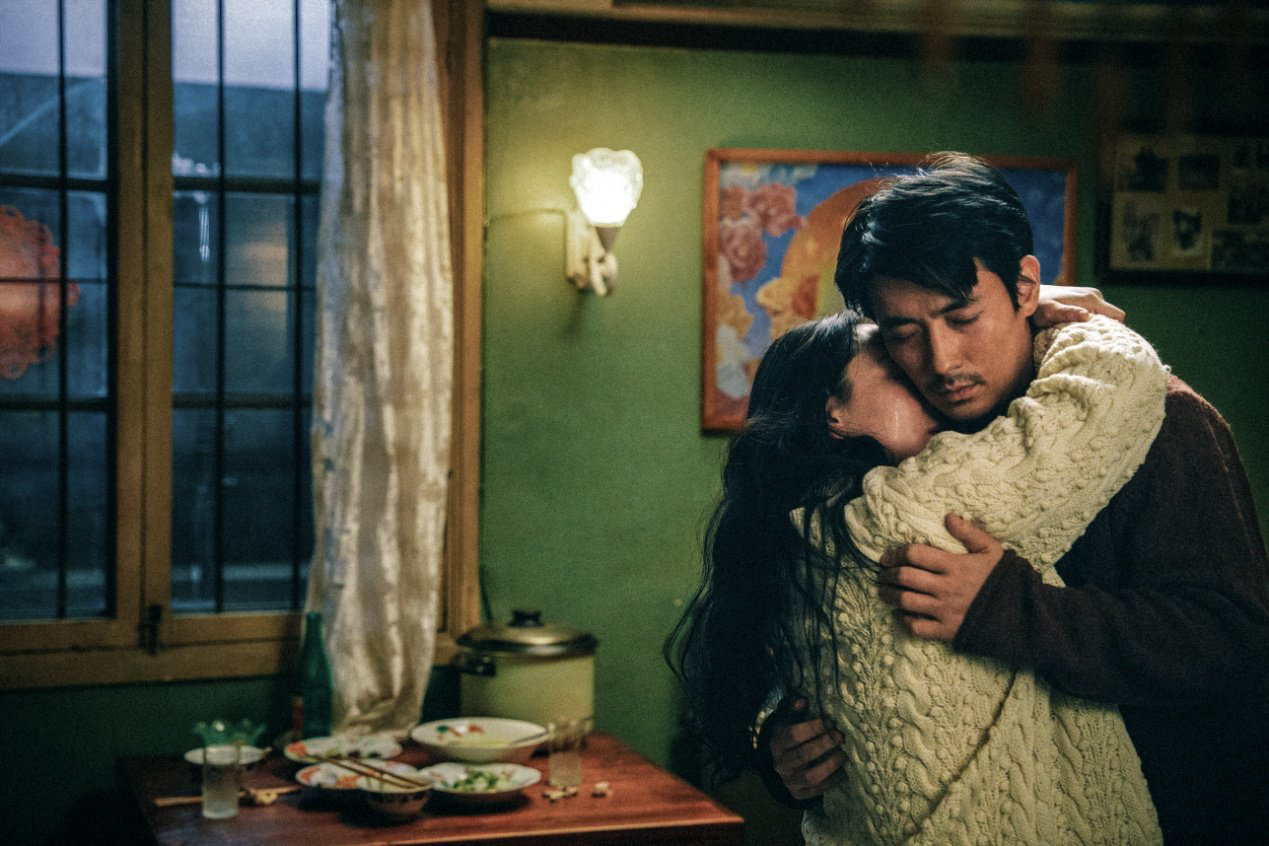
Compared with the hero’s main play "The Mistake by the River", the three leading roles in "Burning Winter" are relatively even, and they all have a lot of room to play. Nana, Haofeng and Han Xiao are very ordinary, so they seem to have no personality, so they need actors to return to themselves completely, perform and interpret their roles with the state of life.
Zhou Dongyu is the core figure in the film. He cooperated with director Anthony Chen for the second time, and also cooperated with another starring Haoran Liu for the second time, which can be said to have a certain bond. In recent years, Zhou Dongyu’s works rarely appear in cinemas. Most of the films such as King of the Sky, Nightlife in Changsha, You are My Spring, Hug You Through the Winter are special appearances or guest appearances. As the first female starring, Flame on the Plain was unexpectedly withdrawn. This time, Burning Winter can be said to be her best screen performance in these years, which once again proves her strength as a three-gold winner.

Liu Haoran needs a breakthrough even more. He once wrote an article summarizing the difficulties faced by the new generation of actors. Haoran Liu’s biggest problem is that he also succeeded in Tang Tan and lost Tang Tan. His personal box office is basically supported by three Tang Tan, and there is no particularly impressive screen role in recent years. The role of "Haofeng" appeared at the right time, which not only stepped out of Haoran Liu’s personal performance comfort zone, but also provided a relatively novel character image for the current China big screen.
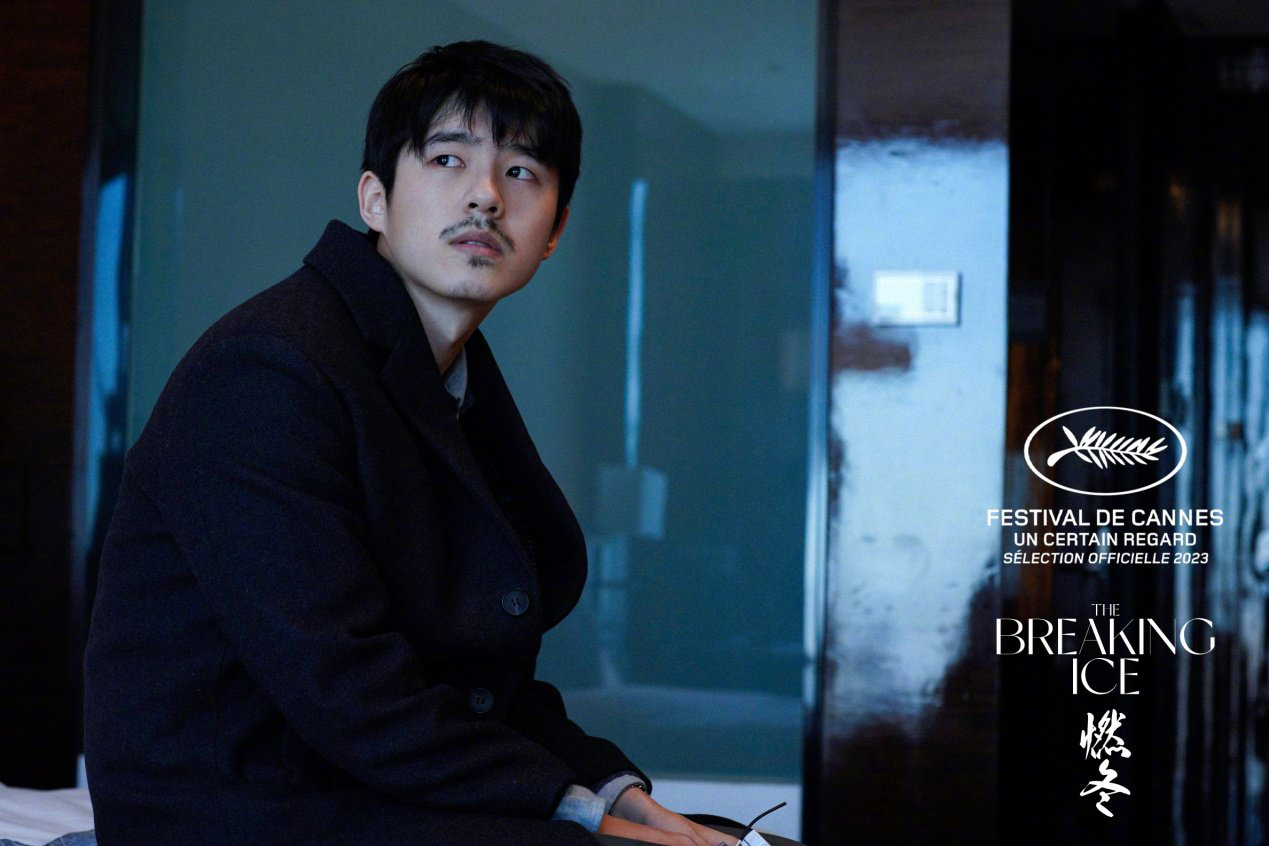
Qu Chuxiao’s performance in the film is also quite amazing and full of powder. In fact, we can see from "I want us to be together" that he is more suitable to play this kind of contemporary urban/small-town youth, because he has a kind of "dejection", but when he pulls himself together, he can also burst into a kind of "burning energy", which are more valuable qualities in him than actors of the same age.
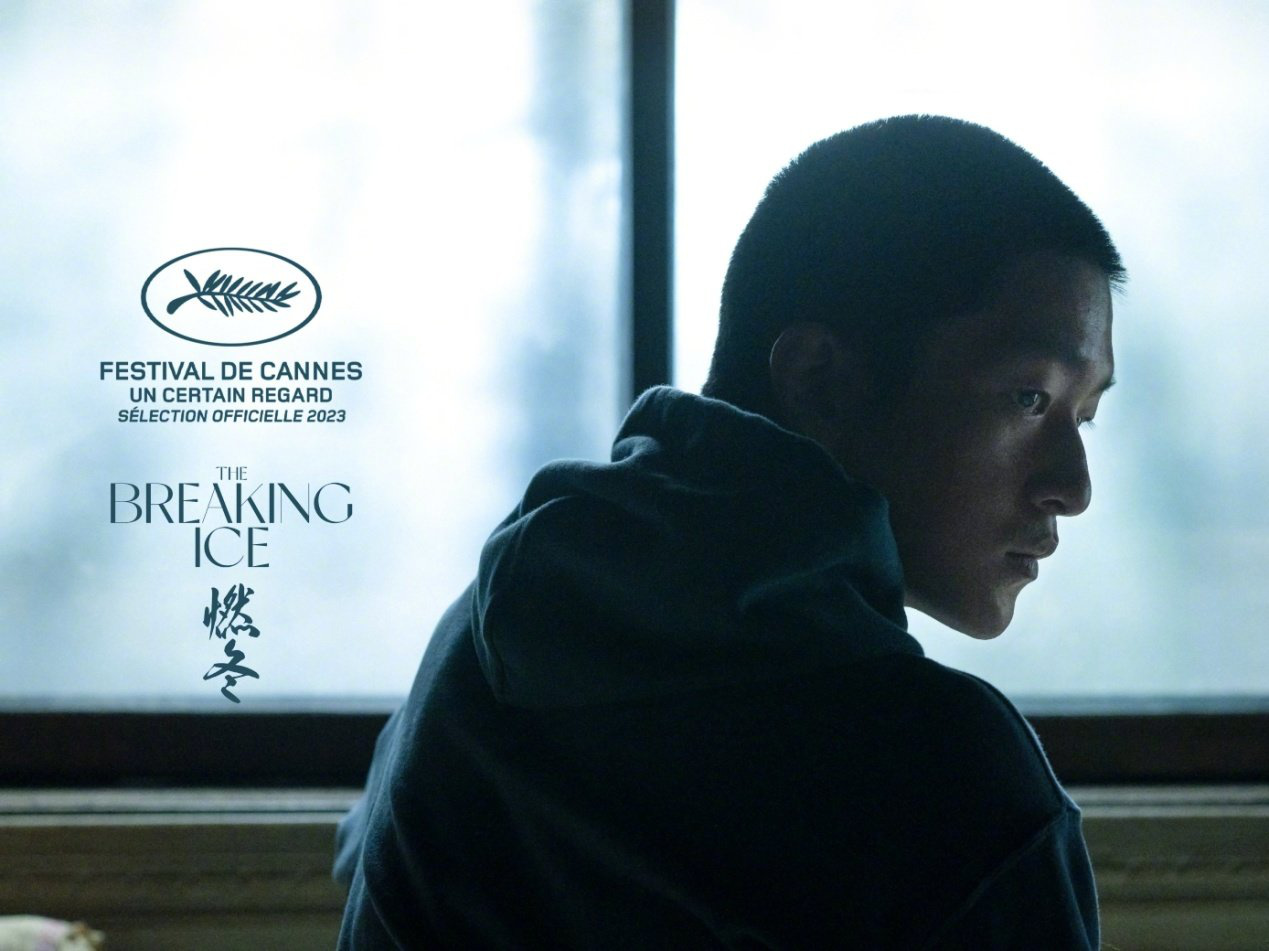
As mentioned above, these roles need actors to return to self-acting, so Anthony Chen also provides them with some favorable conditions, such as the names of characters come from actors, Zhou Dongyu’s nicknames Nana and Haoran become Haofeng and Chu Xiao become Han Xiao, etc., and the role settings are all from the actors’ own hometown, Hebei, Henan and Sichuan, which makes it easier for actors to enter.
Nana in the film is a tour guide and the first person to appear in the film. From the moment she appeared, the real life breath came to my face. In the interview, Zhou Dongyu said that she specially observed the speaking habits of the tour guides, and combined with Anthony Chen’s lines full of life, she presented the image of a girl who was careless on the surface but fragile and sensitive inside to the audience from the beginning.
In terms of performance methods, we can actually see that the three actors are not limited to men or women. Haofeng and Daxiao will have a delicate and soft side, while Nana will also have a strong and self-reliant side. It can be said that in this film, there is no "actor" or "actress" in a complete sense. Everyone is just playing people who are trying to live, and they all have two sides of their personalities. This is also the state that director Anthony Chen deliberately tries to blur some gender.
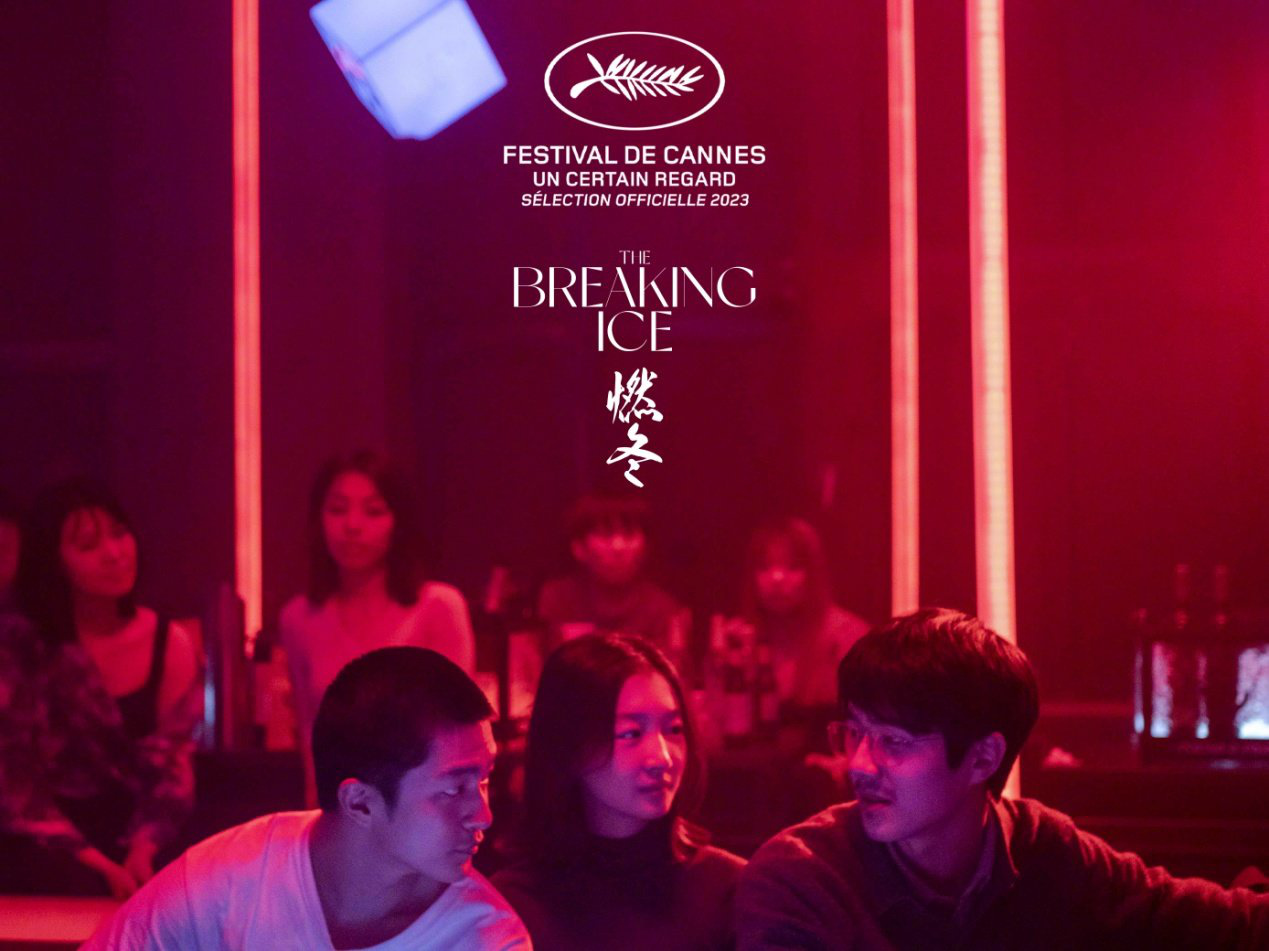
Generally speaking, Burning Winter allows the audience to see Zhou Dongyu, Haoran Liu and Qu Chuxiao that they have never seen before. At present, many comments focus on the erotic scenes of Zhou Dongyu and Haoran Liu, which is actually somewhat biased. If you really see several erotic scenes in the film, I believe it will prove our previous point: the actors in this play are highly unified with the characters, and all the plot settings are also for the characters.
This year, the main faces of Chinese actors in Cannes Film Festival are above the standard, which is gratifying and worth looking forward to. After all, I sincerely hope that in the future, more and more young China filmmakers, whether directors or actors, can bring their works to the temple of this film, instead of just rubbing the red carpet and making some short-lived exposure. After all, opportunities are always reserved for those who are prepared.